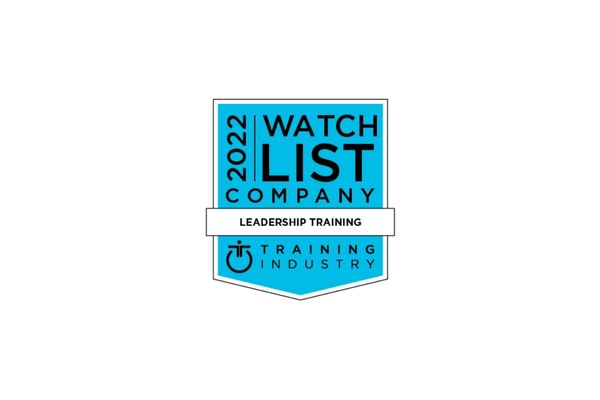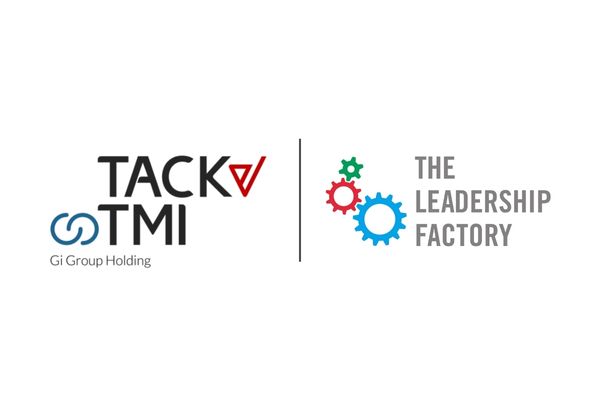Leading for the long term: How future-minded leaders create lasting success
The world of business has undergone significant transformation in recent years, with technological advancements, demographic changes, and shifting customer preferences driving significant disruption. As a result, the role of leadership has evolved, and organisations need leaders who are future-minded and equipped to anticipate and respond to change.
So, what is a future-minded leader, and why are they so important for organisations?
A future-minded leader is someone who is forward-thinking, proactive, and able to anticipate emerging trends and potential disruptions. They are able to balance short-term objectives with long-term vision, and they are focused on creating a culture of innovation and agility within their organisation. Future-minded leaders are able to inspire and motivate their teams to embrace change, experiment with new ideas, and drive organisational success.
The importance of future-minded leadership cannot be overstated. In today’s rapidly changing business environment, organisations need leaders who are able to anticipate and respond to change. Future-minded leaders are able to steer their organisations through market shifts, regulatory changes, and disruptions, ensuring that they remain competitive and agile.
Moreover, future-minded leaders are better equipped to drive innovation and differentiation within their organisations. They recognise the importance of experimenting with new ideas, technologies, and approaches to solve problems and improve organisational performance. By taking calculated risks, future-minded leaders can create new opportunities and drive growth, setting their organisation apart from competitors.
What are the key skills and characteristics that future-minded leaders need to develop in order to succeed?
Anticipate Change
Future-minded leaders must be able to anticipate and respond to change. They need to have a deep understanding of the macroeconomic, social, and technological trends that are shaping the business environment. They must also have a good grasp of their organisation’s strengths and weaknesses, as well as those of their competitors. This enables them to identify potential threats and opportunities, and to make informed decisions that position their organisation for success.
Foster a Culture of Innovation
Future-minded leaders must foster a culture of innovation within their organisation. This means creating an environment where experimentation and risk-taking are encouraged, failure is seen as a learning opportunity, and where team members are empowered to challenge the status quo. By embracing innovation, future-minded leaders can drive differentiation, create new opportunities, and improve organisational performance.
Develop Agility
Future-minded leaders must also develop agility. This means being able to respond quickly and effectively to change, and being willing to adapt their strategies and tactics as needed. Agile organisations are able to pivot quickly in response to changing market conditions or customer needs, and are better equipped to compete in today’s fast-paced business environment.
Focus on Long-Term Thinking
Future-minded leaders must think long-term and consider the potential impact of their decisions on the organisation. This involves having a clear vision of the future, being proactive in anticipating change, and creating strategies to respond to it. By focusing on long-term thinking, future-minded leaders can create a sustainable organisation that is well-positioned to succeed over the long haul.
Promote Diversity and Inclusivity
Finally, future-minded leaders must promote diversity and inclusivity within their organisation. They should create a culture that values and encourages diversity of thought, ideas, and perspectives. This can help to foster innovation, as well as attract and retain a diverse workforce.
How can organisations develop future-minded leadership?
Continuous Learning
Future-minded leaders must engage in continuous learning to stay current with trends and emerging issues. This can be achieved through attending conferences, workshops, and seminars, or enrolling in courses that focus on the latest developments in their field. Additionally, they should read relevant articles, research, and publications to expand their knowledge base.
Collaborative Mindset
Future-minded leaders must also develop a collaborative mindset. This means working closely with team members, stakeholders, and partners to gain a deeper understanding of their perspectives and insights. Collaboration can also help to foster innovation and generate new ideas, as well as build stronger relationships and partnerships.
Embrace Technology
Future-minded leaders must embrace technology and understand how it can be leveraged to drive organisational success. This involves keeping up-to-date with the latest trends and developments in technology, as well as identifying opportunities to leverage technology to improve organisational performance.
Build a Culture of Learning
Organisations must also build a culture of learning that encourages and supports continuous development and growth. This involves creating opportunities for employees to learn, grow, and develop new skills, as well as providing access to resources such as training programmes, mentorship, and coaching.
Invest in Leadership Development
Finally, organisations must invest in leadership development to ensure that future-minded leaders are being developed within the organisation. This involves creating leadership development programmes that provide leaders with the skills, knowledge, and experience they need to succeed. These programmes can include leadership training, mentorship, coaching, and other development opportunities.
In conclusion, future-minded leadership is critical for organisations looking to thrive in today’s rapidly changing business environment. Future-minded leaders are able to anticipate and respond to change, drive innovation and differentiation, and create sustainable organisations that are well-positioned to succeed over the long haul. To develop future-minded leadership, organisations must focus on continuous learning, collaboration, technology, building a culture of learning, and investing in leadership development. By doing so, they can ensure that their leaders are equipped with the skills, knowledge, and mindset needed to drive organisational success in the years to come.
Are you ready to develop future-minded leadership within your organisation? Contact us today to learn more about our leadership development programmes and how we can help your organisation succeed now and in the future.



